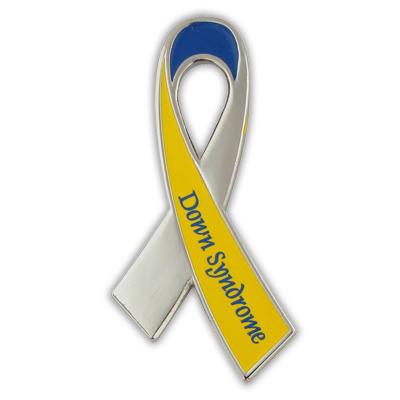A family health physician, Dr Gabriel Lawal, has advised parents of children with Down syndrome to seek early medical intervention in order to handle the challenge effectively.
Lawal told the News Agency of Nigeria (NAN) on Tuesday in Abuja that the primary cause of the syndrome had been unknown, though “advanced maternal age” could be a risk factor.
Lawal described Down syndrome “as an abnormality that arises as a result of abnormal separation of the chromosomes in the human body at the time of development which manifest as abnormal appearance”.
“Down syndrome is simply a malformation of chromosome in the child and early medical intervention should be sought in order for parents to adjust and effectively manage the disease.
“Early intervention would help in the management of children which would give them opportunities to effectively live meaningful lives within the family and society’’.
According to him, the abnormal appearance in a child can be noticed from birth with diverse symptoms like “impaired hearing’’.
Other symptoms, he added, were depressed nasal bridge; back of the head appears flat, irregularly shaped mouth and tongue.
“The constant features of Down syndrome could also include mental retardation and low muscle tone,” he said.
He said that most women who started raising children at the age of 35 and above usually carry significant risk.
“If you plant a tree when it is young it yields more fruits, by the time it is getting older the number of fruits reduce, which also applies scientifically.
“The precision with which male and female cells meet to produce an individual to achieve good division of chromosomes become prone to mistakes when there is advance in age.”
He said that though Down syndrome could also be seen in mothers who raised their children as early as 18 years; the classical Down syndrome was common in advanced maternal age.
“The type young mothers have is not a problem with division of chromosome but it is due to change in position of the foetus also known as translocation,” the expert said.
Lawal said that there were situations when an individual apparently looked normal, but some of the cells exhibited different karyotypes also known as “meiosis”.
He said that there were normal and abnormal cells functioning in the individual, predominantly found in advanced maternal age.
The expert also emphasised that exposure to hazardous substance in early pregnancy could affect any form of congenital malformation which could also lead to Down syndrome.
Lawal, however, urged mothers to raise their children when they were at the peak of hitch-free production.
“Don’t start producing children too late and don’t do it too early too.
“This is because the mother needs to be fully developed and her body gets prepared for delivering a baby before she goes into it.
“You don’t need to do it too frequently too because you need to regain your health after each child birth before you embark on another one,” he said.
He also advised mothers to attention to their ante-natal care period and should always report to their doctor if they miss that.
“If a woman has a history of miscarriage and also advanced in age, the doctor will have high index of suspicion and need to be monitoring her from possible symptoms of Down syndrome.
“Also there are specific tests that can be done to detect if the foetus is having Down syndrome, the mother would be counselled on the right decision to take,” Lawal said.
Tribune
This page has been viewed 392 times
Tags : Editors choice






























